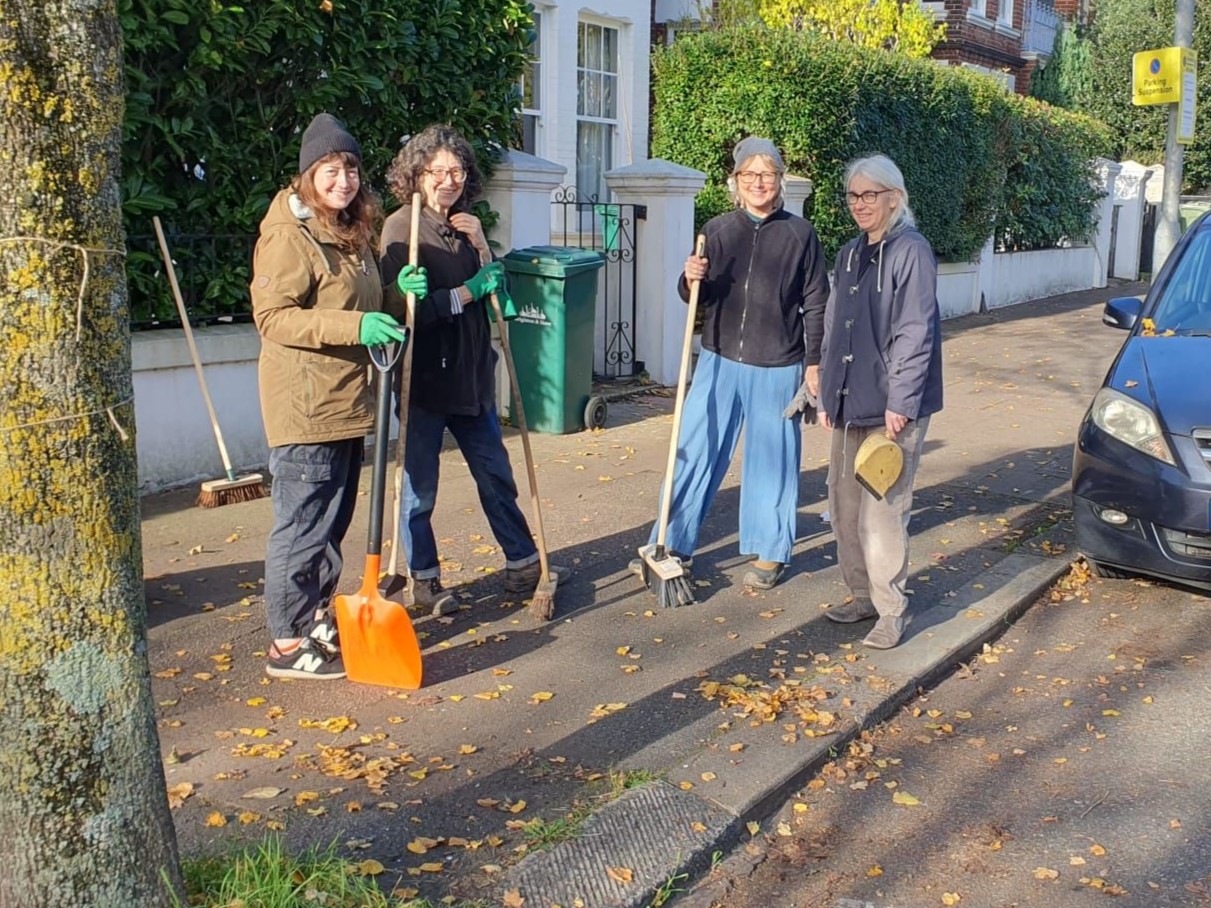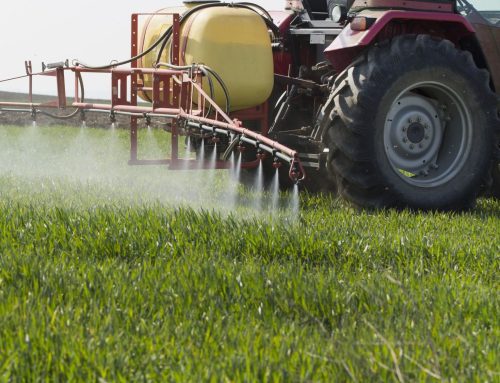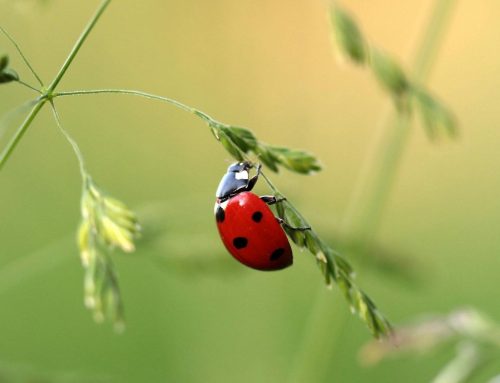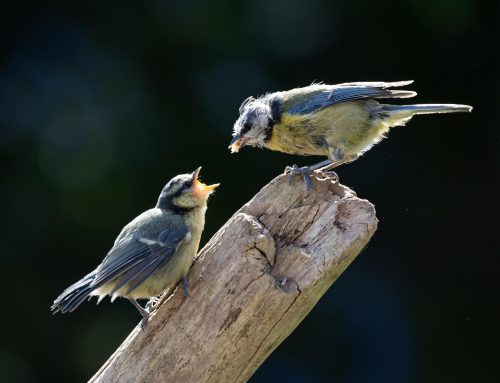Today, 50 civil society organisations have come together to call on Brighton & Hove Council to return the city to being pesticide-free in 2025.
The organisations represent a plethora of different communities and voices, all of whom are deeply unhappy with the Council’s decision to return to using glyphosate on the city’s streets this past year. They share a concern for the health of residents, workers, children, pets, wildlife and the natural environment from toxic herbicides.
Glyphosate exposure has been linked to a range of chronic diseases, most notably Non- Hodgkin lymphoma (a type of blood cancer) and Parkinson’s. It has been shown to harm bees and other wildlife, both by impacting upon their health directly and removing habitat they rely on for foraging.
Glyphosate applied to hard surfaces – as in the city – runs off into water sources impacting aquatic species. This contamination is particularly concerning in Brighton & Hove where we rely upon the aquifer for drinking water. That is why both the Environment Agency and Southern Water advised the Council against returning to using glyphosate and other herbicides in December 2023. Southern Water told the Council: “…from a groundwater quality risk perspective we do not support the use of glyphosate within any of the groundwater catchments in Brighton and Worthing from which we abstract drinking water for customers”.
As acknowledged by the Council’s own document from January 2024, even when applied using a controlled-droplet approach, the return to glyphosate will have negative impacts on “biodiversity and nature conservation” and “…does not support the council’s objectives relating to the climate and biodiversity emergency”. The same paper also acknowledges the potential risk to public health.
Fifty towns and cities in the UK are entirely pesticide-free, as is every town and city in France, Denmark and Luxembourg. These places have proven that it is entirely possible to end pesticide use without affecting accessibility or infrastructure.
There are plenty of non-chemical alternatives available and many UK councils have managed to save money while moving away from pesticides. For example, the London Borough of Kingston saved £44,000 from its street cleaning service budget while reducing pesticide use by 76 %.
Ending urban pesticide is not a party political issue. Councils of all types have gone pesticide- free, including many Labour administrations such as London’s Westminster and Manchester’s Trafford. There is increasing parliamentary support for a nationwide ban on urban pesticide use, including from a growing number of Labour MPs and Peers.
We therefore urge Brighton & Hove Council to do the following:
- Stick to its promise that 2024 would be a ‘reset’ year and commit to reverting to being pesticide-free in 2025.
- Create a clear and comprehensive draft pesticide policy for Brighton & Hove which sets out a road map for how the Council plans to end its pesticide use. Run a well-publicised public consultation on the draft pesticide policy, making sure to engage with all relevant groups, including (but not limited to) residents’ groups and disability and environmental organisations.
- Commit to communicating the health and environmental benefits of being pesticide-free with local residents, in order to bring them with the Council on its journey.

“As residents we oppose the use of pesticides on our streets. We must be doing more for wildlife and whilst some level of weed control is necessary for better accessibility, the majority of plants on our pavements are a very welcome addition to our neighbourhood.” Pesticide-Free Fiveways Community Group





